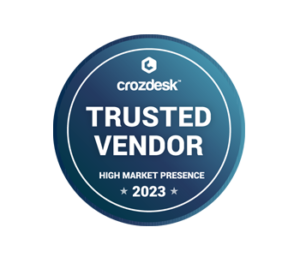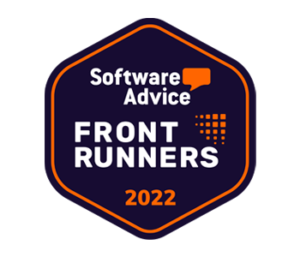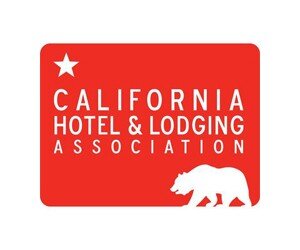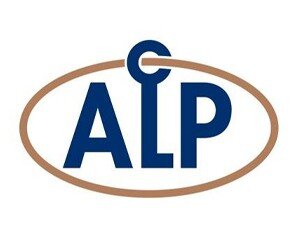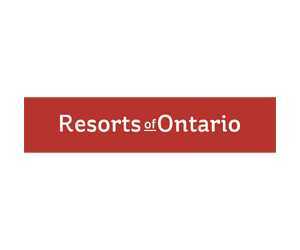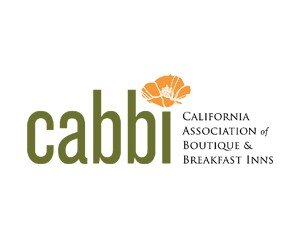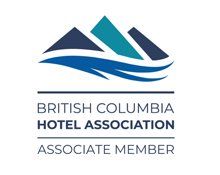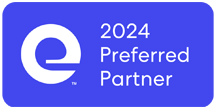Hotel revenue management is a complicated process with a simple goal: to maximize revenue. It’s about analyzing demand and honing what you offer to sell the right product to the right customer at the right time, on the right channel, for the right price to grow profit.
If your hotel’s bottom line is bottoming out, it’s time to revise your revenue management strategy—or put one in place! Operating a hotel without one is a bit like rolling the dice and crossing your fingers. Unless you’ve got a magic crystal ball, it pays to base pricing and inventory decisions on actual data—and lots of it. It sounds like hard work, but with the right software, it’s not. And it’s well worth it. A data-driven revenue management strategy enables hoteliers to improve targeting, increase conversion rates, and better allocate resources for increased profitability.
A robust hotel revenue management strategy involves a variety of important factors:
Market segmentation
Your revenue management strategy can only succeed if you know who you’re selling to. Use your guest and reservation data to determine your market segments and the value of those segments to your business. Market segments are essentially groups of customers who share similar characteristics and preferences and can be defined by:
- Reason for travel – e.g., business (independent/groups/events), leisure (independent/groups), bleisure
- Geographic – where guests are from
- Booking method – e.g., direct (online, phone, walk-ins), OTAs (and which OTAs)
- Booking patterns – e.g., length of stay, room/package types, lead time, weekend/mid-week stays, cancellation/no-show rate
- Psychographic – interests and values
By understanding their market segments, hotels can tailor marketing, pricing, and service offerings to meet the needs and expectations of their guests in the most cost-effective way.

Demand forecasting
Forecasting demand is key to informing pricing and inventory decisions that drive profitability. Predicting future demand depends on data. The more data you have, the more accurate your predictions are. Booking data from your property management system (including occupancy rates, ADR, booking pace, length of stay, etc.), market trends, consumer behavior patterns, seasonality, local events, and competitor pricing all impact demand forecasts.
The more often you analyze the data, the better. Forecasting demand is not a done-and-dusted type of deal. Market conditions change (sometimes unpredictably) and those that see it coming can make informed decisions to adapt swiftly.
Dynamic pricing
Dynamic pricing is crucial to maximizing revenue. It involves adjusting room prices in real time based on market demand and other factors. This approach allows hoteliers to maximize revenue by setting higher prices when demand increases and reducing prices when demand is low to attract more guests. It enables hotels to respond quickly as the market shifts and stay ahead of the competition.
Distribution
It’s important to distribute inventory on the right channels to optimize revenue. Finding the right distribution mix depends on market demand insights, knowing who your guests are and how they book, and who your competition is and where they advertise.
A hotel’s distribution mix should include a range of channels such as OTAs (online travel agencies like Expedia and Booking.com), metasearch engines (e.g., Google and TripAdvisor), direct bookings through the hotel’s website, and traditional travel agents.
Third-party booking channels are important for reach, but don’t neglect your direct booking strategy to save those commission fees and improve your bottom line.
Total revenue opportunities
While room revenue is the main source of income for most hotels, embracing opportunities to maximize revenue from non-room categories (such as food and beverage, events, and ancillary services) can boost profits significantly. Offering the right experiences, packages, upsells, and promotions attracts more guests and increases their spending during their stay.
Putting in the effort to grow total revenue not only helps hotels unlock their full revenue potential, it enables them to gain a competitive advantage.

Automation
In order to reap the benefits of a revenue-maximizing dynamic pricing strategy that meets the needs of your property and customers, all that data mentioned above must be monitored and analyzed continuously. But manually reviewing booking data, market trends, competitor prices, consumer behavior, etc., on a consistent basis is near impossible for busy hoteliers. Online distribution channels also need to be kept up to date, which is a time-consuming and error-prone task to complete manually, especially when working with dynamic rates.
That’s why independent lodging operators turn to automated revenue management systems (RMS). Integrated with the property management system, revenue management software automates all stages of the dynamic pricing process, saving hoteliers significant time and removing guesswork from pricing and inventory decisions. This software:
- Automatically collects and analyzes granular hotel and market data 24/7.
- Processes data using sophisticated algorithms to automatically produce accurate, real-time pricing and inventory recommendations to increase revenue.
- Automatically updates rates and inventory across all connected distribution channels.
Automatically processing hotel and market data in real time and eliminating manual error and oversight, an automated revenue management system allows lodging operators to make informed decisions and instantly optimize prices and inventory to generate more revenue from every room.
Adopting a revenue management strategy can be a game-changer in today’s dynamic and competitive market. By analyzing data, understanding consumer behavior, and leveraging technology, hotels can realize their full profit potential while increasing customer satisfaction and loyalty. Contact us to learn how WebRezPro Property Management System supports dynamic pricing strategies that grow revenue with flexible rate management features, including unlimited rate updates, daily overrides, automated yield management rules, and direct integration with leading revenue management systems.







